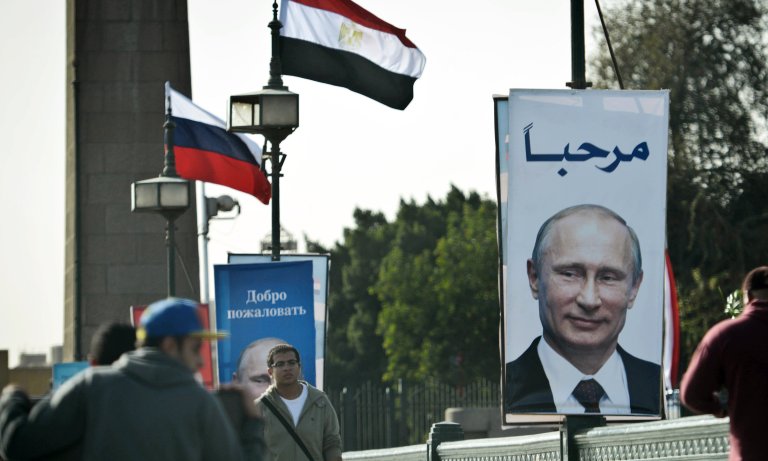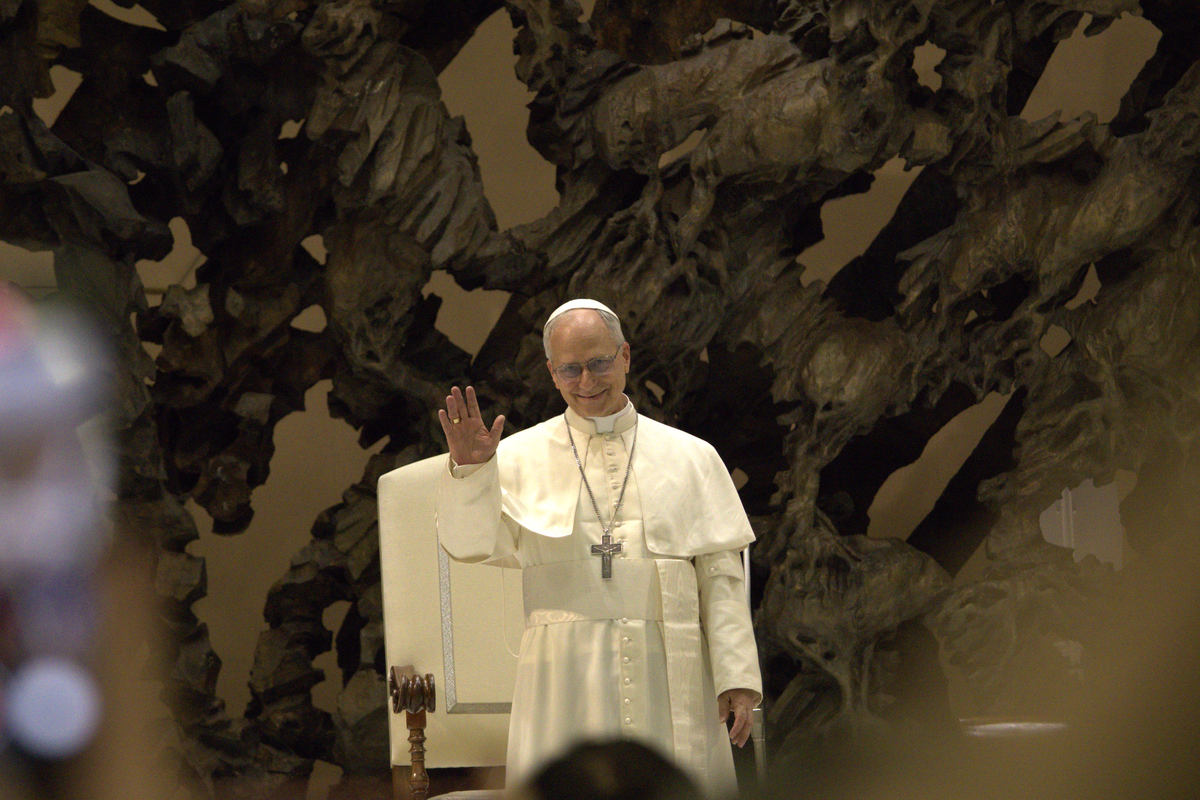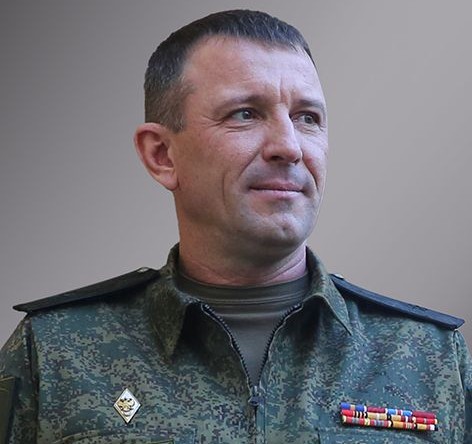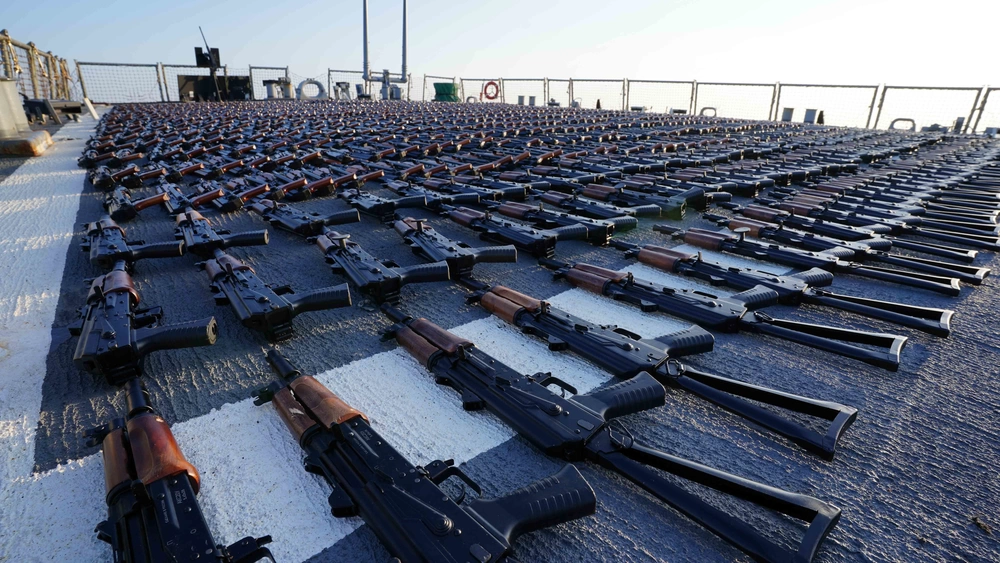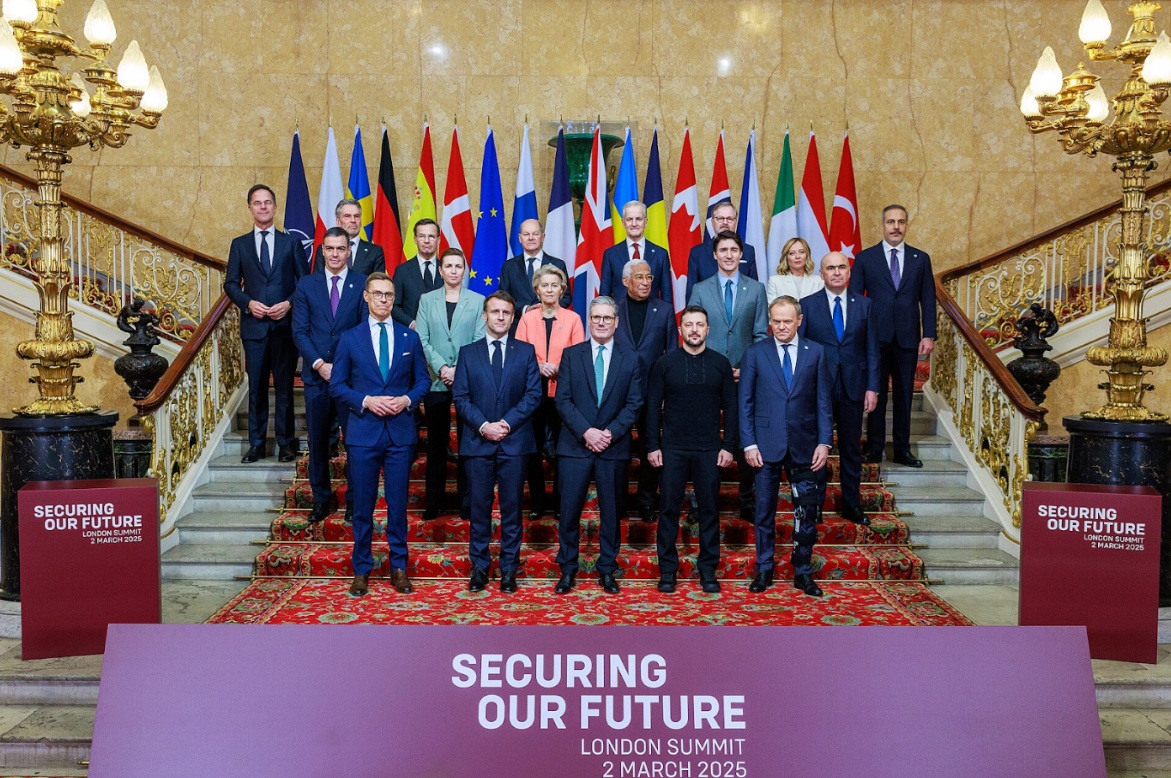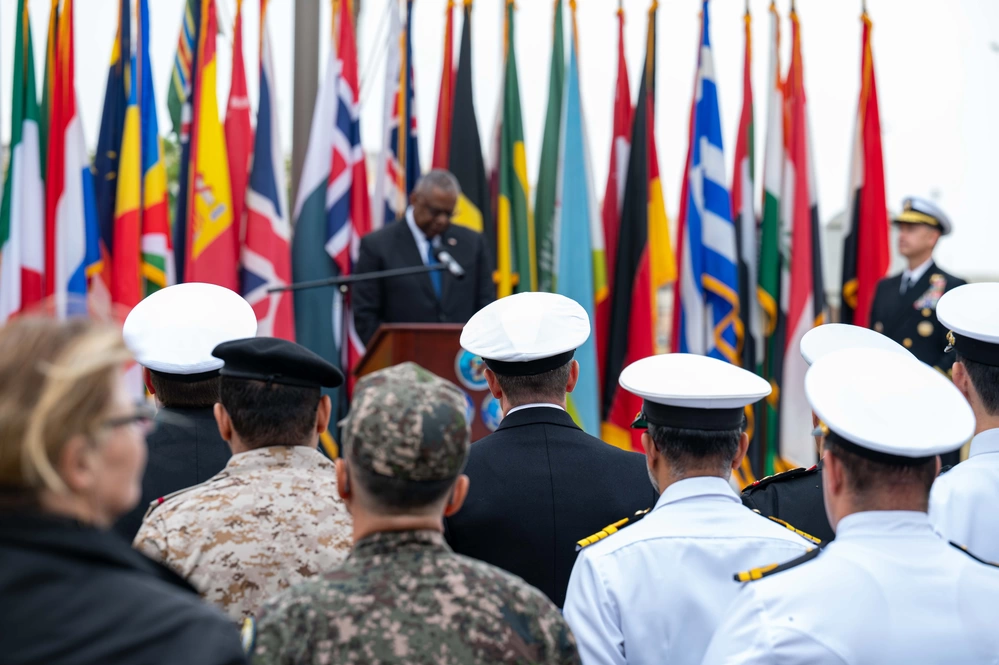The Middle East has long been plagued by foreign interventions that have bred instability and humanitarian crises across the region. From the proxy wars in Yemen and Syria to the NATO-led overthrow of Muammar Gaddafi in Libya, external powers have pursued their own interests with little regard for the well-being of local populations.
Yemen
Nowhere is the devastating impact of foreign intervention more clear than in Yemen. There, the proxy war between Iran-backed Houthi rebels and the Saudi coalition-backed Yemeni government has led to the world’s worst humanitarian crisis.
Backed by Western powers, Saudi Arabia has launched airstrikes and created a blockade of Houthi ports and airports, attempting to advance their goal of reinstating the internationally recognized Yemeni government. However, this goal has been largely unsuccessful. That has greatly exacerbated Yemen’s humanitarian crisis, as over 60% of the country is food-insecure, and cholera is widespread. The situation only becomes more dire as militant groups such as the Houthis use food to exert power and hold control over citizens.
Growing Iranian support has helped the Houthis expand in power and influence. Iran has provided the Houthis with short and long-range drones as well as increased missile capabilities and military training. Iran sees the Houthis as an opportunity to gain influence in Yemen and to cause harm to their regional rival, Saudi Arabia. It is important to note, though, that the Houthis are not a direct proxy of Iran and have their own political and military capabilities. That said, Iran’s backing helps the Houthis become a more formidable force and bears responsibility for the beginning of the war against the Saudi coalition.
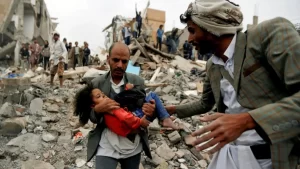
Lately, the Houthis have gained international attention for attacking ships in the Red Sea, a route in which an estimated trillion dollars and 12% of the world’s trade is run through every year. They claim deterring Israeli military action in Gaza as motivation and remain heavily financed by Iran. The United States created a coalition of countries dedicated to preventing attacks in the Red Sea, hoping to defuse tensions. However, as of late, the U.S. and U.K. have carried out attacks on Yemen soil, risking further escalation of the conflict.
Syria
The Syrian Civil War began in 2011 as part of the Arab Spring protests, a series of pro-democracy protests across the Middle East and North Africa that led to significant political change in several countries. Like many other Arab Spring protests, the situation in Syria arose from growing frustration with authoritarian rule. Syrian president Bashar Al-Assad used deadly force to try to crush dissent, and, as a result protestors demanded democratic reforms, an end to corruption, and the resignation of the president. Opposition forces armed themselves, and the small situation quickly shifted into a full-blown civil war.
Russia has held a large role in turning the war in favor of Assad and supporters. Russia has had diplomatic ties with Syria since the time of the Cold War, so when a civil war broke out, Russia supported its ally. Unfortunately this came at the expense of civilians, leading to over 350,000 casualties and widespread devastation as a humanitarian crisis. There are now more than 15 million people in need of humanitarian aid and assistance and over 6.8 million internally displaced people in Syria.
In addition to Russia’s intervention, the war has seen intervention from other key international players, such as the United States and its allies, initially supporting rebel factions against Assad and shifting the focus into fighting ISIS. Neighboring Turkey has also had a role in the conflict, primarily opposing Kurdish forces such as the Syrian Defense Forces (SDF), and Iran has continued to unequivocally back Assad’s government and support them with military supplies. In addition to Russia’s and Iran’s support fueling Assad’s ability to carry out atrocities, competing interests from Turkey to the U.S. to Saudi Arabia have made creating resolutions increasingly difficult.
Libya
As a result of the 2011 Arab Spring protests, NATO intervened in Libya to protect citizens from the regime of Muammar Gaddafi, the dictator who ruled for more than four decades. While they were successful in removing Gaddafi, the long-term result has generally not been considered a success. That is mainly due to the fact that the political opening created a power vacuum that led to destabilization, political chaos and violence from political and terrorist groups such as ISIS and Al-Qaeda affiliates.
The two main factions vying for power have been the Libyan National Army (LNA) and the Government of National Accord (GNA). The GNA was formed as a result of a UN-brokered agreement in Morocco in 2015, aiming to be a unity government creating stability in the country, and has received international support and recognition. The rival LNA, led by General Khalifa Haftar, however, is credited with the majority of the civilian deaths in the aerial conflict, in which air, drone, and artillery strikes have been rampant. The LNA has received support from various governments in the region such as the United Arab Emirates and Egypt. The U.S. has also launched hundreds of drone strikes with GNA approval, primarily during the Obama administration.
Aside from the large civilian death toll as a result of constant drone strikes and political insurgency, the situation in Libya has led to a persistent humanitarian crisis in which widespread displacement, limited access to basic services, and human trafficking networks have been prevalent. While intervention was deemed necessary to protect civilian lives in 2011, many more lives have been affected and lost as a result of the ensuing conflict.
Final Takeaways
These intertwined conflicts underscore the enduring impact of foreign interventions in the Middle East. Beyond the immediate issues, the interventions have left a string of humanitarian crises, displacements, and power vacuums. A shared characteristic is that these interventions often seem more driven by the strategic interests of the intervening country than genuine intent to the betterment of the affected countries. Whether aimed at combating rival influence or securing access to valuable resources, these cases demonstrate the potential issues that arise as a result of conflicting national interests and the large humanitarian toll that can result. It is imperative that the international community reconsiders intervention strategies. Focusing on collaborative approaches that prioritize the wellbeing of citizens and stability of governments over short term geopolitical gains is essential for creating lasting positive outcomes.


